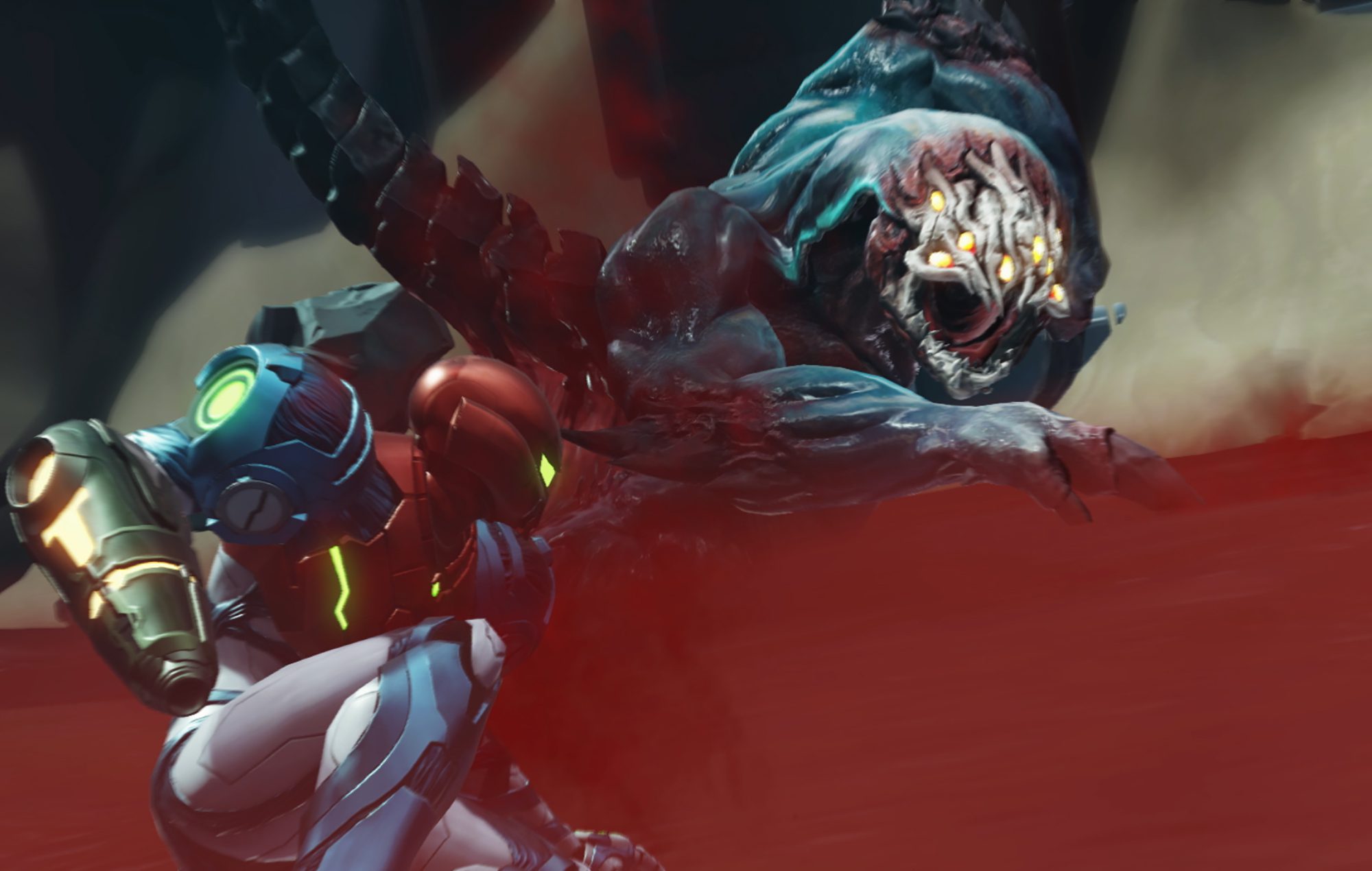I thought it was fine
The discourse around Metroid Dread difficulty happened fairly quickly into the game’s release, and there’s a wide range of feelings about it.
While I had an inkling it might be an issue playing through it, for the most part I felt like it fit the design ethos, and the world they were trying to create within the confines of Dread. So when the game’s producer says this was the case all along, it makes a lot of sense.
Speaking to Famitsu (as translated by Nintendo Everything), Yoshio Sakamoto, who has worked with the series for a while, addressed those concerns.
When asked about the pacing of the game, Sakamoto had this to say:
“We’ve made a lot of Metroid at this point and thought a lot about what the appropriate tempo for each game is. For Metroid Dread, we tuned the action to be appropriately quick. The game design of each Metroid complements the action and this time, this time it’s very easy to control, something I’m personally a fan of. I think this might be the best action we’ve seen in a Metroid game.”
Which, inherently, informed the difficulty range, something Sakamoto also commented on:
“We got used to the difficulty during development which made it hard to understand how it would feel as a new player. Balancing is difficult no matter the game, but both Nintendo and MercurySteam were determined to get the action elements feeling smooth. E.M.M.I. is unlike anything that’s been done before and we got lots of people to play it so we could tweak appropriate balance for an action game. One of the things we focused on was to make sure when a player hits a game over, they know what to try on their next attempt.”
I get it. As a capstone of a story element in Metroid, and with the word “dread” in the title, it fits that they wanted to add a survival horror-like element to the game, and help ease Samus into this adventure without an extreme use of “ability amnesia.”


